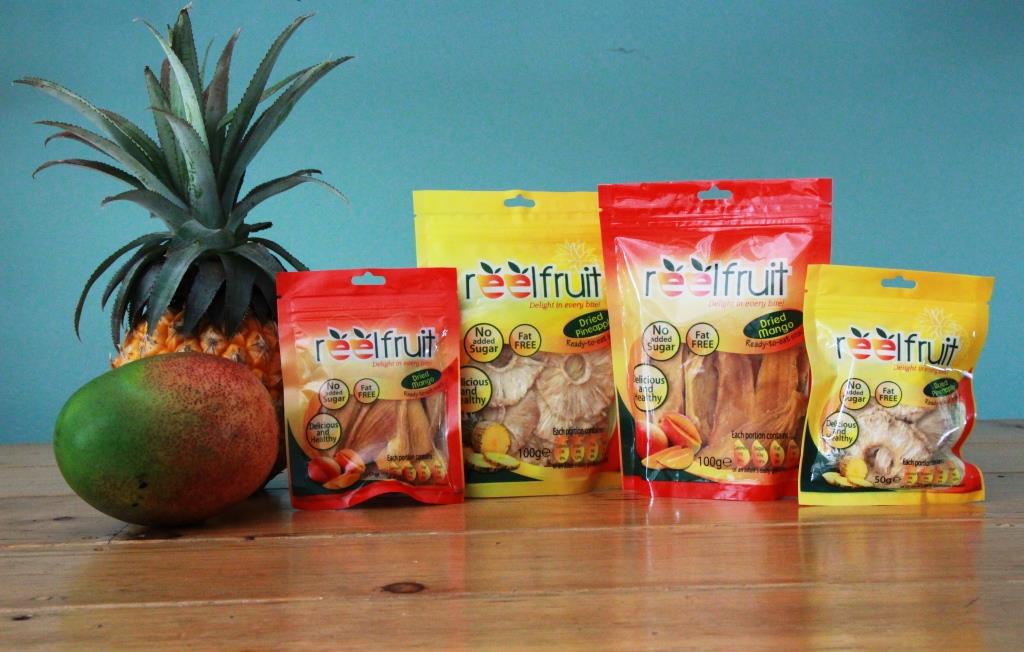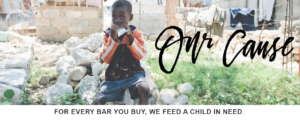A lot of people are worried about germs eat. You might find your self eating on a surface that has not been cleaned recently or making dinner in the kitchen and your roommate did not wipe the counter after making his or her meal. Now with the new silverware called the iFork Flatware, your forks, knives, and spoons will no longer touch the dirty surfaces you are using. The stainless steel line has a metal ball attached to the utensils to prevent it from touching the table. This way you will not have to worry about germs any more. There is also a line of plastic utensils with the same technology that are easy to dispose.
 This innovation was developed by Kyle Donovan, who group up in New York and sometimes found that he was eating on surfaces that birds had recently been perched on. This is a great innovation that will save people from contracting various sickness from dirty silverware.
This innovation was developed by Kyle Donovan, who group up in New York and sometimes found that he was eating on surfaces that birds had recently been perched on. This is a great innovation that will save people from contracting various sickness from dirty silverware.
For more information go to https://allsharktankproducts.com/shark-tank-products-home/ifork-flatware-never-touches-table/





